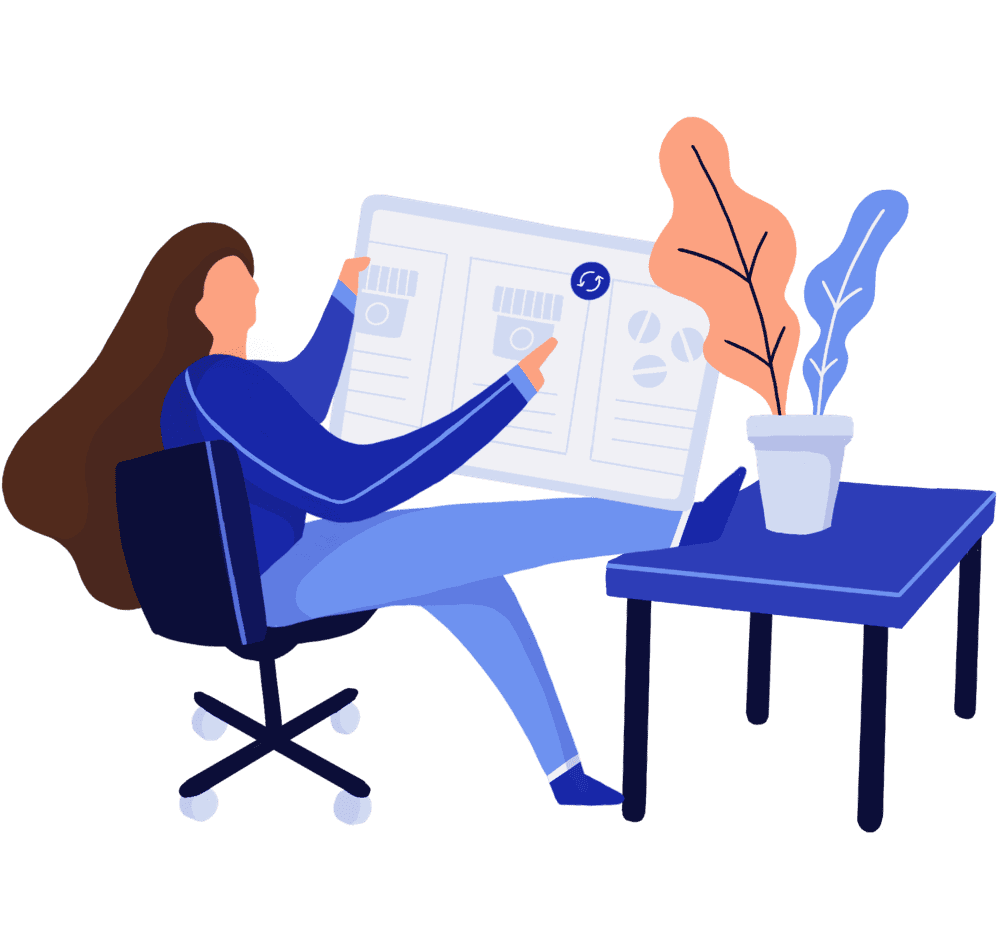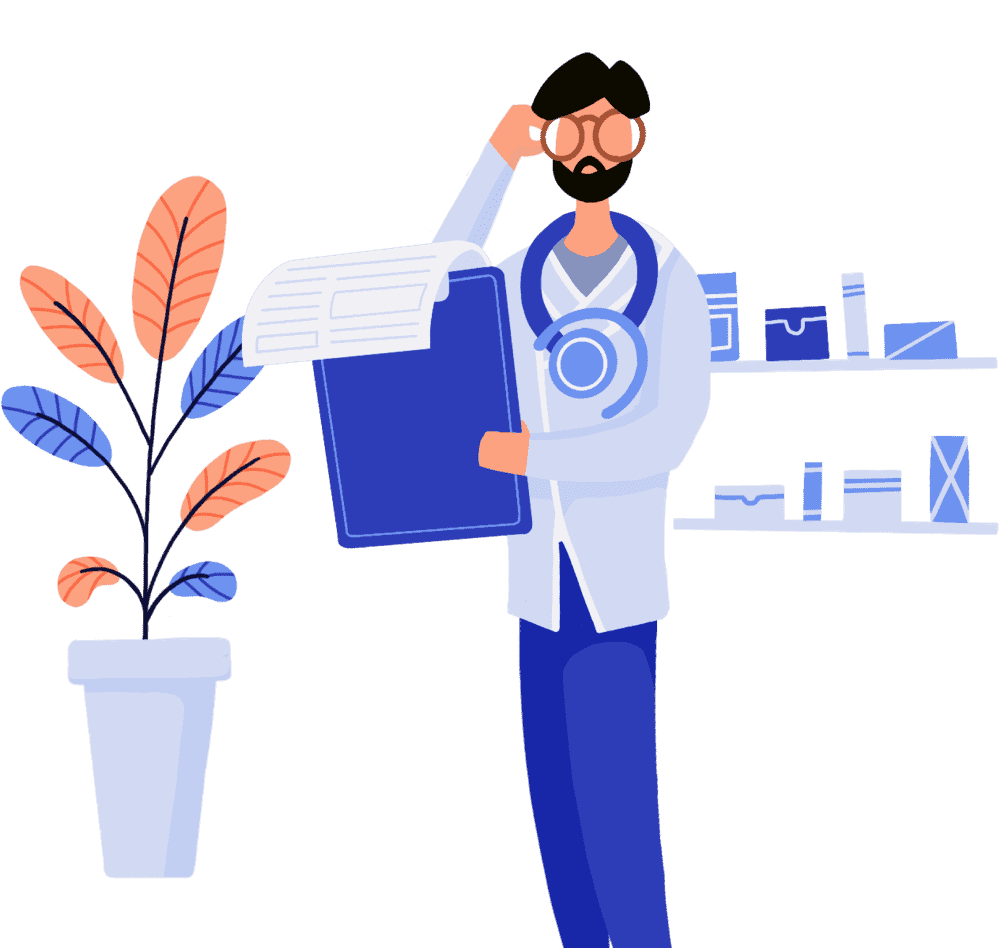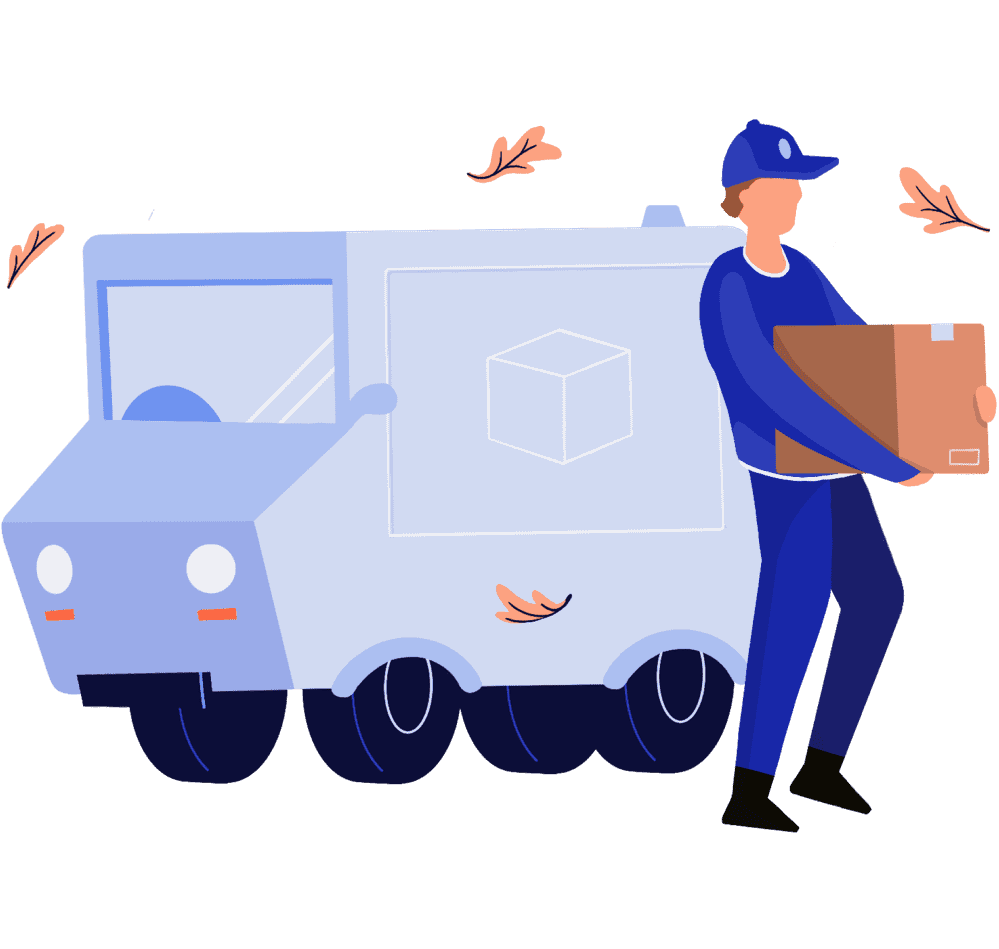Recharge your cells from within and enjoy 20% OFF NAD+ for a limited time only - shop now
- Home
- Chronic Conditions
- Diverticulitis Treatment
Diverticulitis Treatment
Diverticulitis (also known as diverticulosis or diverticular disease) is a condition that affects the large intestine and can cause symptoms such as stomach pain, diarrhoea, bloating or constipation.
Diverticulitis is often linked to not getting enough fibre in your diet and treatment options are available over-the-counter from UK Meds.
More Information
What is diverticulitis?
Diverticulosis, diverticulitis and diverticular disease are all related conditions that stem from problems with your large intestine. Diverticulosis is a condition that causes pockets to form in the walls of your digestive tract, known as diverticula, which cause no pain or symptoms. In fact, most people don’t know they have diverticulosis unless they have a scan for another reason.
If the diverticula in your digestive system do cause symptoms, then the condition is called diverticulitis or diverticular disease. This means that the small pockets in your intestine get inflamed or infected and cause stomach pain, constipation, diarrhoea and sometimes, blood in your stool.
What causes diverticulitis?
Like a lot of other illnesses and conditions, experts don’t know exactly what causes a person to develop diverticulosis/diverticulitis. However, it is thought to be tied heavily to lifestyle and diet, with low fibre being a leading factor.
Age is another thing that can make you more likely to develop diverticulosis/diverticulitis, with the majority of people having some diverticula by the time they’re 80. This is because the walls of the large intestine get weaker as you get older.
Other things that seem to be linked to increasing your risk include being overweight or obese, smoking or using painkillers long-term (NSAIDs like aspirin and ibuprofen in particular).
How can I treat diverticulitis?
Medication For Diverticulitis
Treating diverticulitis or diverticular disease begins with focussing on diet and lifestyle. Eating a high-fibre diet can help to regulate your bowels and ease any painful symptoms. Fibre is plentiful in foods such as fruit, vegetables and cereals so it’s fairly easy to make sure you get enough. Generally speaking, adults should be aiming for 30g per day.
You should also make sure you drink plenty of fluids and help yourself by eliminating risk factors. If you smoke, you should try and quit and if you’re overweight or obese, it’s advisable to lose weight.
There are also medicines that you can take to help with symptoms, such as over-the-counter medicines to relieve constipation or diarrhoea or Fybogel to regulate your bowels.
If you experience stomach pains then you can take paracetamol to relieve this but other painkillers (NSAIDs such as aspirin or ibuprofen) are not advisable. This is because they can cause stomach upsets anyway, so they’re not a great choice if you’re already suffering with your digestive system.
In rare cases, diverticulitis or diverticular disease can have complications which may lead to treatment with surgery. Surgery of this kind usually involves removing sections of your colon and you could then need a temporary or permanent colostomy bag.
Medication delivered the next day from UK pharmacies



Choose the right treatment
From the comfort of your own home or out on the go, choose the treatment you require from our extensive range.
Complete an online consultation
A vital part of our process, your online consultation will be similar questions to that of a GP. Quick and easy, we guarantee privacy and confidentiality.
Delivered discreetly
One of over 100 of our partner regulated UK pharmacies will dispense and ship the treatment to you in discreet packaging.
Rated out of 5 on 
excellent
Very good
excellent reliable service at all times
First class service.
Rated 4.6 out of 5 based on 6919 reviews
Here to help you
Our Customer Service is available Monday to Friday 9am - 5pm. If you need urgent assistance, do not use this service. Call 111, or in an emergency call 999. Visit our help section


